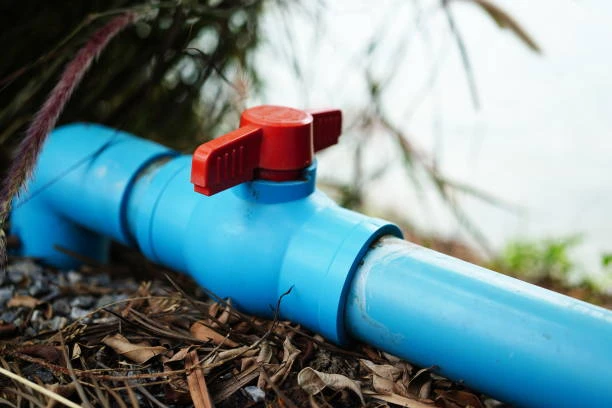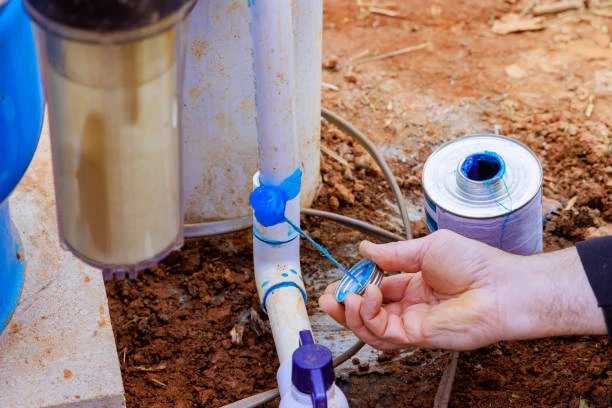In recent months, allegations have surfaced claiming that several pipe producers have used an industry newsletter to facilitate price fixing. This article delves into the claims, the responses from the accused companies, and the broader implications for the pipe industry.
Understanding the Pipe Producers Allegations
What Are the Claims?
The allegations assert that pipe producers communicated through an industry newsletter to coordinate pricing strategies, manipulating market prices. Price fixing is illegal and can lead to significant penalties for those involved, including hefty fines and damaged reputations.
Context of Price Fixing in the Industry
Price fixing occurs when competitors agree on prices rather than allowing the market to dictate them. In the pipe industry, where producers operate in a highly competitive environment, maintaining fair pricing is crucial for market stability and consumer trust.
Responses from Pipe Producers
Denial of Wrongdoing
Several pipe producers have publicly denied the allegations, asserting that they have adhered to legal pricing practices. They argue that the newsletter serves merely as a platform for sharing industry news and best practices, not for coordinating prices.
Statements from Industry Leaders
Key figures in the pipe manufacturing sector have emphasized their commitment to fair competition. They argue that the allegations are unfounded and based on misinterpretations of communication within the industry.
Pipe Producers Legal Implications of Price Fixing
Consequences of Engaging in Price Fixing
Engaging in price fixing can lead to serious legal repercussions. Companies found guilty may face substantial fines, legal fees, and potential loss of business. Additionally, executives could face criminal charges, including imprisonment.
The Role of Regulatory Bodies
Regulatory bodies, such as the Federal Trade Commission (FTC) in the United States, actively monitor industries for anti-competitive practices. They can initiate investigations based on complaints or suspicious market behavior, leading to further scrutiny of the accused companies.

Pipe Producers Industry Impact of the Allegations
Trust Issues Among Consumers
Allegations of price fixing can erode consumer trust in the pipe industry. Customers may become wary of purchasing products from companies involved in such practices, leading to a potential decline in sales and market share.
Effects on Competitors
The allegations can also impact competitors who have not engaged in price fixing. A cloud of suspicion may hang over the entire industry, making it difficult for honest companies to operate without scrutiny.
The Importance of Pipe Producers Transparency
Need for Open Communication
In light of the allegations, industry leaders stress the importance of transparency in communication. Open dialogue between producers and consumers can help rebuild trust and ensure fair pricing practices.
Establishing Clear Guidelines
Establishing clear guidelines for communication within the industry can prevent misunderstandings and mitigate the risk of future allegations. Producers must be proactive in promoting ethical business practices.
The Future of the Pipe Producers Industry
Potential Changes in Regulations
The ongoing scrutiny may lead to changes in regulations governing the pipe industry. Enhanced guidelines could be established to ensure that communication among competitors remains within legal bounds.
Industry Self-Regulation
Producers may also seek to implement self-regulatory measures to demonstrate their commitment to fair practices. This could include third-party audits and transparent reporting mechanisms.
Conclusion
The recent allegations against pipe producers regarding their use of an industry newsletter for price fixing have sparked significant concern throughout the sector. These claims suggest that companies may have colluded to manipulate pricing, raising serious ethical questions about their business practices. While the accused companies firmly deny any wrongdoing, the mere existence of these allegations could erode consumer trust and shake confidence in the industry’s integrity.
The impact of such claims can reverberate far beyond the immediate situation. Consumers who rely on these products may begin to question the fairness of pricing, leading to hesitance in purchasing and a potential shift toward alternative suppliers. This could ultimately harm not only the accused companies but also their competitors who operate with integrity.
As the situation continues to unfold, it will be crucial for the pipe industry to prioritize transparency and ethical conduct. Companies must take proactive steps to demonstrate their commitment to fair practices, such as publicly sharing pricing strategies and engaging in open dialogues with stakeholders. By doing so, they can rebuild trust and ensure that they navigate these challenges effectively. Adopting stringent compliance measures and fostering a culture of accountability will also be essential in restoring faith in the industry and preventing similar issues in the future.
FAQ
1. What are the allegations against pipe producers?
Pipe producers are accused of using an industry newsletter to coordinate price fixing.
2. What is price fixing, and why is it illegal?
Price fixing is when competitors agree on prices instead of letting the market dictate them. It’s illegal because it harms competition and consumers.
3. How have the accused companies responded?
The companies have denied wrongdoing, asserting that the newsletter is for sharing industry news, not coordinating prices.
4. What are the potential consequences of price fixing?
Companies involved may face fines, legal fees, and damage to their reputations. Executives could also face criminal charges.
5. How can the pipe industry rebuild trust?
Transparency, open communication, and adherence to ethical business practices are essential for rebuilding trust among consumers.




